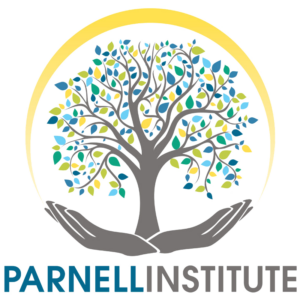Contact Us | Events | Store

Transforming trauma.
Mending attachments.
Free EMDR Ebook!
Get our FREE “Introduction to Attachment-Focused EMDR” ebook to learn the basic principles of EMDR with an attachment focus, it’s powerful benefits for your clients, and how you can integrate it into your practice.
